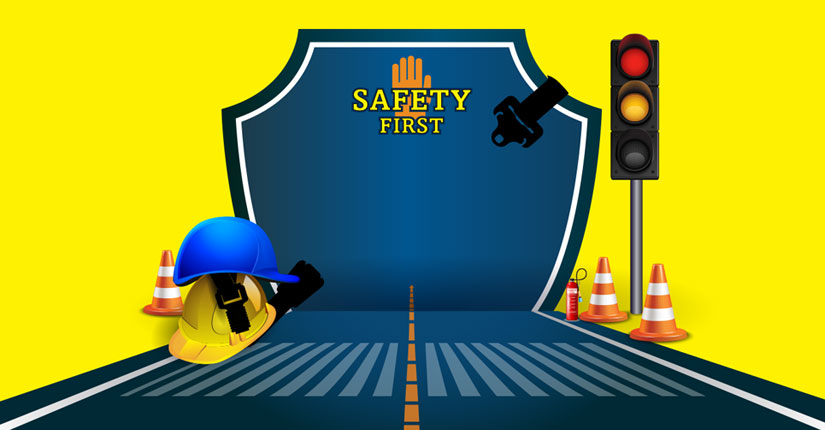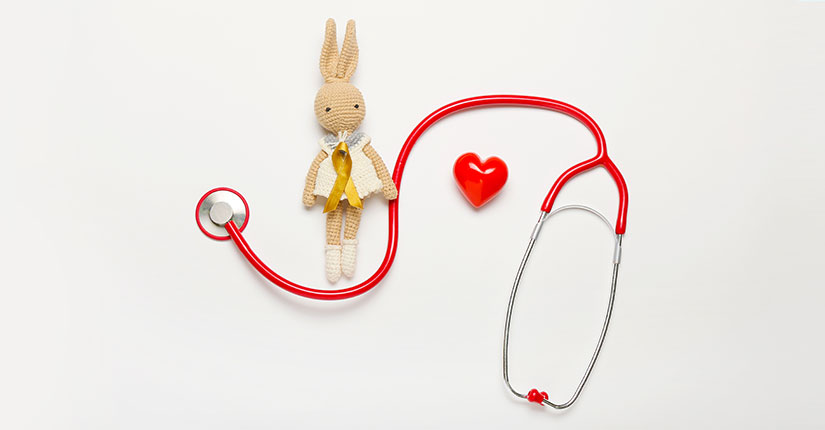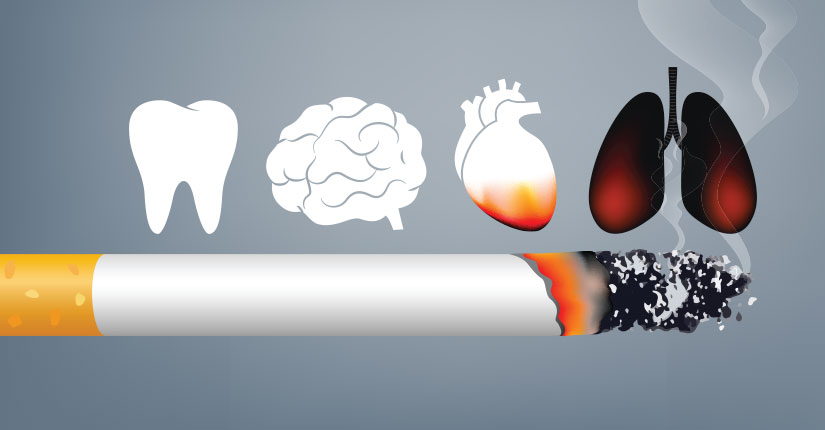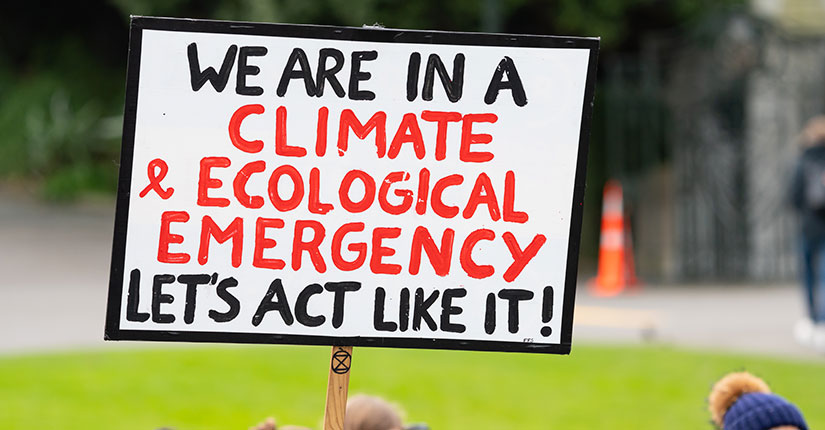WHO Tweeted That Road Safety Is A Shared Responsibility
By Nmami Agarwal 09-Jul 2022 Reading Time: 4 Mins

The World Health Organization (WHO) welcomes the political declaration to be adopted by the Member States during the High-level Meeting of the UN General Assembly on Global Road Safety. It commits to cutting road traffic deaths and injuries by 50% by 2030, a milestone for road safety and sustainable mobility.
Road safety affects everyone. We step from our homes every day onto roads that take us to our jobs, and schools to meet our vital daily needs. Yet our transport systems remain far too dangerous. No death should be acceptable on our roads. The future of mobility should promote health and well-being, protect the environment and benefit all. It will require transformative leadership from the highest levels of government to act on the Political Declaration to make that vision a reality.
Worldwide, road crashes currently kill around 1.3 million people yearly – more than 2 every minute, and more than 90% occur in low- and middle-income countries. Crashes are the biggest killer of children and young people globally. More than 50 million people have died on the world’s roads since the invention of the automobile, more than the number of deaths in the First World War or in some of the worst global epidemics.
WHO is the lead agency for road safety in the United Nations and supported the President of the UN General Assembly in preparing this High-Level Meeting in collaboration with other UN agencies. Through the declaration governments from around the world committed to providing leadership and coordination at the highest level of government to ensure all parts of the society are included to act on road safety and commit to boosting policies and actions to reduce deaths and injuries. The declaration calls for developing and funding national and local plans with clear targets and funding.
Finally, everyone has a role to play in advocating for road safety and taking action to prevent the millions of unnecessary road traffic deaths that occur not just over the holidays, but every day, every year. WHO is supporting countries in implementing a number of critical measures to improve road safety for all people. These include legislation and enforcement of laws on speeding, prevention of drink-driving, seatbelts, helmets, and child restraints, as well as regulation of vehicles.
Over To You:
Governments also need to ensure road and transport infrastructure is safe for road users and pedestrians, including through measures such as sidewalks and dedicated cycle lanes, and emergency care for crash victims.





















